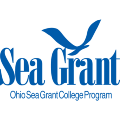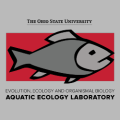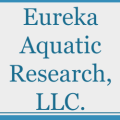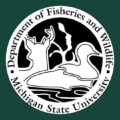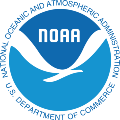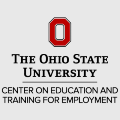Great Lakes FST Workshop Organizers

The FST workshop is being organized and coordinated by a diverse group of scientists, staff, and administrators with experience and expertise in fisheries ecology or workshop design. Descriptions of each member of our team can be found below.
Lead Workshop Coordinators
Stuart Ludsin and Chris Winslow
Workshop Co-Coordinators
Elizabeth Marschall, Jenny Pfaff, Kristen DeVanna Fussell, David Julian, Brian Alford, Hongyan Zhang, Kelly Robinson, Brian Roth, Emily Liljestrand, Kevin Craig, Doran Mason, Melissa Ross, and Gabrielle Hicks
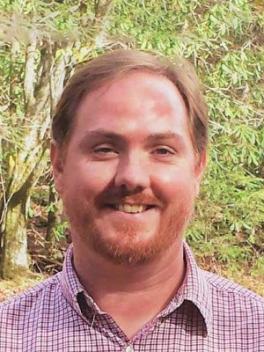
Assistant Director of Stone Laboratory
Ohio Sea Grant College Program
Brian oversees all aspects of Stone Lab's operation, along with ongoing strategic planning and representation on state and regional committees. He came to Stone Lab from the University of Tennessee where he taught courses in fisheries techniques and fish management and developed a research program to address the conservation and management of fisheries and aquatic resources. Before his time at University of Tennessee, Brian worked as a fisheries biologist for the Louisiana Department of Wildlife and Fisheries.
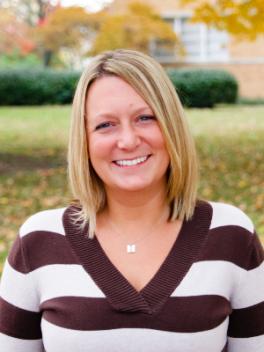
Assistant Director of Administration and Research
Ohio Sea Grant College Program
Dr. Kristen Fussell manages Ohio Sea Grant's research program, including grants funded or managed by Ohio Sea Grant as well as development of Ohio Sea Grant research proposals and programs to be funded by external sources.
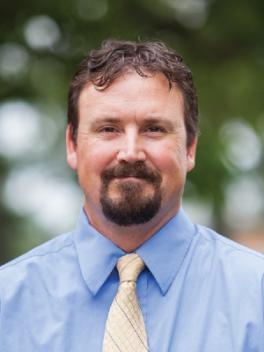
Director
Ohio Sea Grant College Program
Coordinates Ohio Sea Grant’s Great Lakes research with agencies and universities, as well as assists in research, curriculum development, and student recruitment at The Ohio State University’s Stone Laboratory. Earned his doctorate at Bowling Green State University, with research focusing on interaction between the native smallmouth bass and invasive round goby.

Professor, Director Fish Management in Ohio Partnership
Aquatic Ecology Laboratory, The Ohio State University
Dr. Ludsin's research seeks to identify the mechanisms that regulate the structure, function, and dynamics of freshwater and marine ecosystems with a particular emphasis on understanding the impacts of human-driven change on aquatic food webs and the fish populations and communities they support. His role as director of the Fish Management in Ohio Partnership with the Ohio Division of Wildlife has enabled him to work across agencies and universities to address fisheries ecology and conservation problems in Lake Erie and Ohio's inland lakes and reservoirs.

Professor
Aquatic Ecology Laboratory, The Ohio State University
Dr. Marschall's research is aimed at understanding what drives the success - or failure - of populations. She approaches this work with an appreciation for the influence of spatial structure of the environment, temporal variation in environmental conditions, and the potential mismatch between evolved traits and conditions brought about by anthropogenic changes to the environment. Two main directions of this research have been 1) the interaction of life history adaptations and environmental change and 2) the influence of spatial structure of the environment and animal movement on population success.
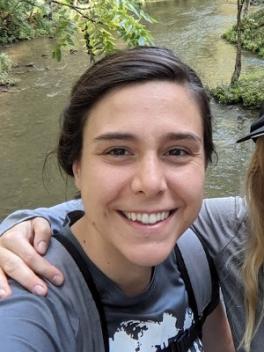
AEL Lab Manager
Aquatic Ecology Laboratory, The Ohio State University
Jenny works as the lab manager at the AEL, coordinating the use and maintenance of all laboratory equipment and facilities, acting as the lab safety officer, and helping out with odd projects throughout the lab. She earned her master's in aquatic ecology from the University of Michigan in 2012 before joining the AEL as a research technician. She has been the lab manager at the AEL since 2020.
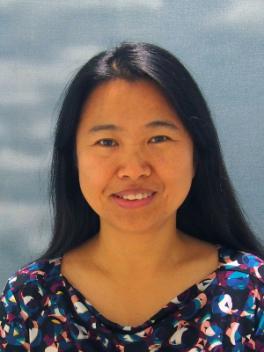
Aquatic Ecologist
Eureka Aquatic Research, LLC.
Dr. Zhang specializes in using computer models to investigate various topics in aquatic ecology, including the impact of invasive mussels on plankton, the occurrence of harmful algal blooms, and the effectiveness of the phosphorus reduction program in Lake Erie. She values integrating the vast accumulated data and knowledge to generate a holistic view of the ecosystem and provide scientific support for ecosystem-based management.
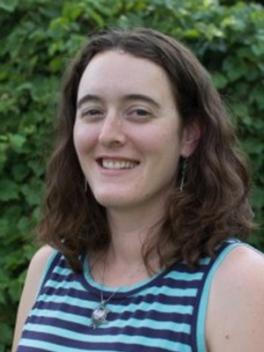
Assistant Professor
Quantitative Fisheries Center, Department of Fisheries and Wildlife, Michigan State University
Dr. Robinson's interests are in fish ecology and management, as well as decision making for natural resources conservation and management. As a member of the Quantitative Fisheries Center, she studies how ecosystem change (e.g., climate change, invasive species) could affect decisions for fishery management and the Great Lakes ecosystem as a whole.
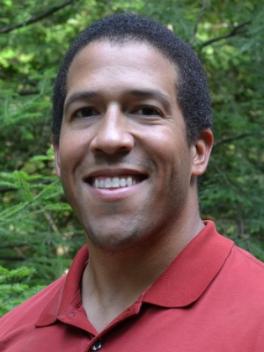
Associate Professor
Department of Fisheries and Wildlife, Michigan State University
Dr. Roth is a fish ecologist whose research seeks to identify factors that influence aquatic food web structure and function across multiple spatial and temporal scales, with an overarching theme of understanding how anthropogenic actions can affect the food web and vice versa. Much of his research centers around the role of top predators in aquatic systems. Dr. Roth strongly prioritizes teaching in his role at Michigan State University, and in his courses he places a heavy emphasis on understanding fish in the context of the ecosystem.
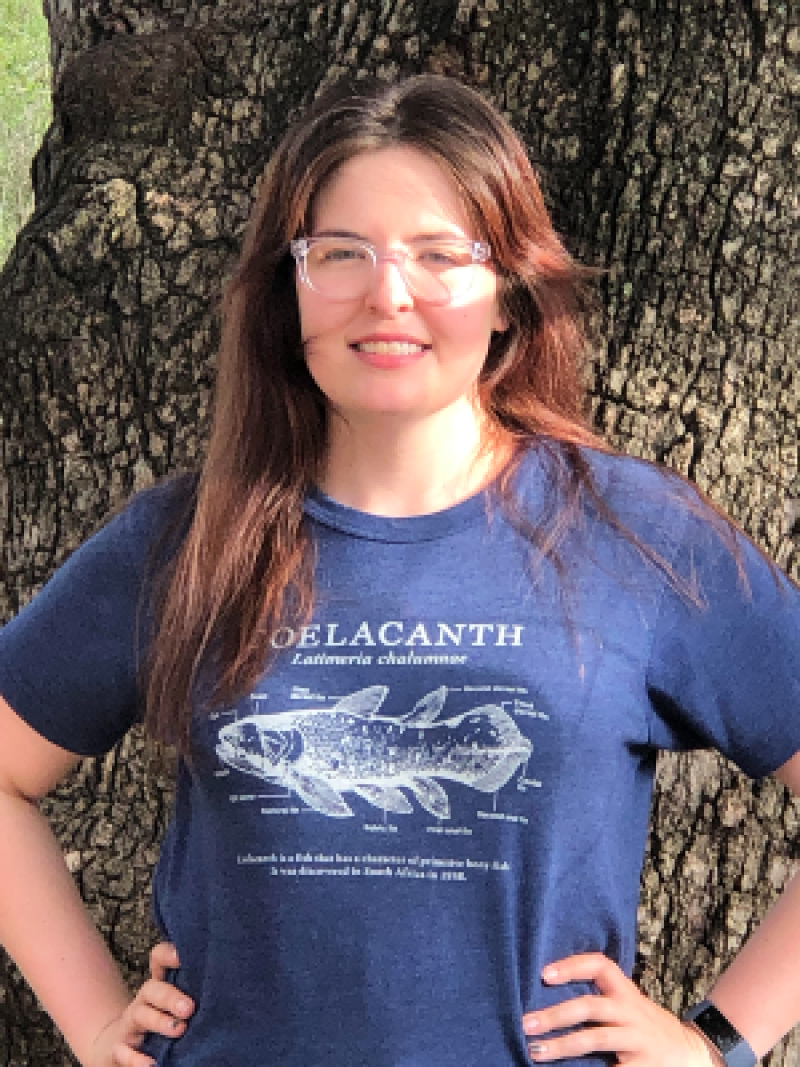
PhD Candidate
Quantitative Fisheries Center, Department of Fisheries and Wildlife, Michigan State University
Emily is broadly interested in fisheries population dynamics and stock assessment modeling. Her current research looks at how the statistics underpinning a model can influence the output (i.e. estimates of biomass, abundance, etc.) in age-structured stock assessment models for Lake Whitefish and Haddock.
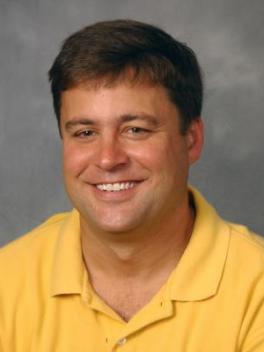
Research Fishery Biologist
NOAA - National Marine Fisheries Service, Southeast Fisheries Science Center
Dr. Kevin Craig studies how natural and anthropogenic processes influence fish populations and fisheries in coastal ecosystems. His research interests include linkages between coastal watersheds and habitat quality of estuarine and continental shelf ecosystems, effects of climate changes on recruitment dynamics of harvested species, and the integration of ecosystem processes into fishery stock assessment and resource management.
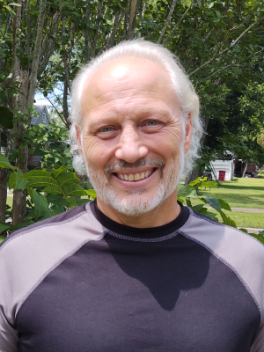
Research Ecologist
NOAA - Great Lakes Environmental Research Laboratory
Dr. Mason focuses on community and food web dynamics, predator-prey interactions, anthropogenic impacts on food webs, biophysical coupling, habitat and habitat mediated interactions, recruitment dynamics, hydroacoustics/bioacoustics.
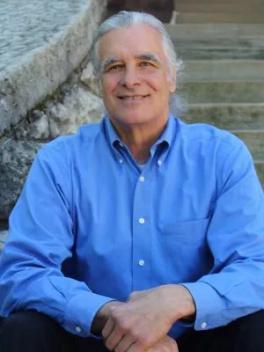
Program Director of Evaluation & Community Practice
Center on Education and Training for Employment, The Ohio State University
Dr. Julian is a Translational Research Scientist who serves as an advisory member of CETE's steering team for the Racial Equity, Diversity, and Inclusion Initiative (REDI). He pioneered an approach to collaborative planning that has its roots in Ohio's effort to support inter-systems planning and service provision for youth and families at the county level. He has held appointments in the College of Public Health, City and Regional Planning, and Social Work at The Ohio State University and has taught community engagement, program planning and evaluation, and worked with students to conduct formal evaluations of education, health and social services programs.
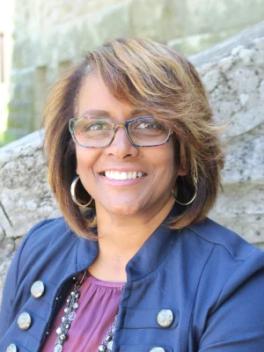
Associate Director of Research Partnerships & Impacts
Center on Education and Training for Employment, The Ohio State University
In her role as Associate Director, Melissa Ross establishes and cultivates research partnerships, manages the center's faculty/staff/student research and teaching program and supports the Associates' engagement in research, scholarship and student instruction. Melissa serves as an advisory member of CETE's steering team for the Racial Equity, Diversity, and Inclusion Initiative (REDI). Before taking on her position at The Ohio State University, Melissa served as a Deputy Superintendent of Programs for the Ohio Department of Youth Services, and prior to that she managed a large scale, multi-county professional development and coaching effort that served more than 50 collaboratives and was designed to increase the capacity of community organizations to effectively collaborate to achieve youth and family outcomes.
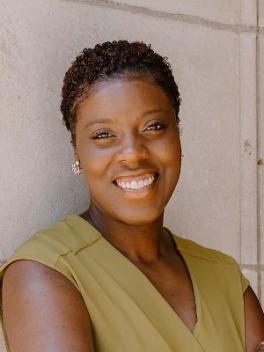
Translational Researcher
Center on Education and Training for Employment, The Ohio State University
In her role at CETE, Dr. Hicks works as a member of the Equity, Engagement, and Evaluation Team under the supervision of Dr. Kenyona Walker. Gabrielle possesses a longtime passion for the pursuit of equity, social justice, and systemic change in education which led her to earn her PhD in Educational Studies, with a focus on School Psychology from The Ohio State University. Her dissertation research emphasizes the urgency to prepare school psychologists and related school-based mental health professionals for the implementation of trauma-informed practices in urban schools. Gabrielle’s collaborative research on Black girls’ counseling outcomes and the school-to-prison pipeline have been presented at national conferences for the National Association of School Psychologists as well as the American Psychological Association.
FST Workshop Contact Information
Email: pfaff.20@osu.edu
Research Center Building
1314 Kinnear Rd.
Columbus, Ohio

